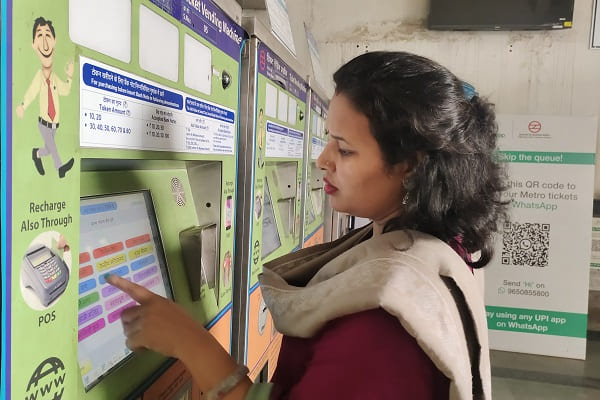Dr. Amit Kumar Jain, Director of Operations and Services at the Delhi Metro Rail Corporation (DMRC), stands as a key figure in shaping one of the most advanced and efficient metro systems in the world. In a comprehensive conversation with CXO News and the APAC News Network, Jain delves into the transformative journey of Delhi Metro and its pursuit of intelligent transportation solutions.
The Delhi Metro has made significant strides in digitization, reflecting global best practices in transportation technology. Jain highlights several pioneering initiatives, including the Ease of Booking Program, which has revolutionized ticketing through smart travel cards, National Common Mobility Cards (NCMC), and QR tickets. This system is seamlessly integrated with IRCTC, facilitating an effortless ticket purchasing experience. Commuters benefit from mobile apps like Momentum (Saarthi) and One Delhi, which offer journey planning, ticket purchasing, and real-time updates.
In construction, the use of Building Information Modelling (BIM) in Phase 4 has streamlined coordination and expedited project approvals through advanced 2D/3D simulations. Predictive maintenance platforms are employed to foresee and address potential issues before they escalate, enhancing the reliability of tracks, signaling gears, and other critical components. Additionally, the Passenger Information Display System (PIDS) delivers real-time updates, while the Communication-Based Train Control (CBTC) system on the Magenta and Pink Lines advances train automation and safety.
Globally, intelligent transportation practices focus on enhancing efficiency, safety, and user experience through cutting-edge technology. Jain explains that Delhi Metro has embraced several of these practices. The smart ticketing system, reminiscent of London’s Oyster Card, is mirrored in DMRC’s Automatic Fare Collection (AFC) system, enabling smooth, contactless payments via smart cards and NFC-enabled devices. Real-time updates, akin to Tokyo's system, are provided through PIDS. Automation is exemplified by the Unattended Train Operations (UTO) on the Magenta Line, modeled after Paris’ Line 14 and similar systems in Dubai and Singapore.
Sustainability is another cornerstone of Delhi Metro’s approach. The integration of regenerative braking and solar power reflects practices seen in Stockholm, aimed at reducing energy consumption and environmental impact. Moreover, the integration of multimodal transport options like buses, e-autos, and ride-hailing services echoes practices from cities like Hong Kong and Seoul, enhancing last-mile connectivity.
As an expert in metro operations, Jain advocates for digitalization and automation as key to excellence in metro management. He emphasizes the importance of digital ticketing systems, real-time Passenger Information Systems, and AI-powered tools for customer service. Automatic Train Control Systems and data-driven platforms like TRINETRA facilitate real-time monitoring and decision-making. Predictive maintenance and digital management systems such as Maximo contribute to operational efficiency and sustainability.
Delhi Metro’s AFC system has been upgraded with smart mobility solutions, including multiple ticketing media like smart cards, NCMC, and QR codes. Tickets can be purchased via various platforms such as the Saarthi app, WhatsApp, PayTM, and Amazon Pay, integrating digital payments to reduce cash dependency. The upcoming Account-Based Ticketing (ABT) and NFC-enabled devices will further streamline the process, while the “One India – One Ticket” initiative integrates DMRC tickets with railway reservations through IRCTC.
The DMRC Momentum app has been a game-changer, offering benefits like an advanced journey planner, real-time line status, and AI chatbot CHETNA for efficient navigation. The app simplifies the travel experience by providing information on station facilities, nearby attractions, and essential shopping.
The AFC system’s accuracy in revenue management is bolstered by components like QR tickets, contactless smart cards, and automated vending machines. These systems ensure real-time synchronization, reduce cash handling, and minimize revenue leakage through centralized tracking and auditing.
DMRC’s new partnership to advance digital payment solutions highlights the use of NCMC across various transport systems. Collaborating with Airtel Payment Bank and NPCI, DMRC promotes NCMC cards for metro and bus travel, enhancing convenience and reducing queues. The integration of NCMC with smart parking payments further supports digital payment initiatives.
Looking ahead, DMRC plans to enhance its digital initiatives with Trinetra 2.0 for advanced monitoring, integrated ticketing with NCRTC, NFC ticketing, and AI-enabled X-ray machines for security. Virtual and Augmented Reality technologies will improve training, and a new customer payment portal will streamline contract management.
Nationally and globally, DMRC’s best practices are being adopted by other metro systems. Innovations such as Unattended Train Operations, regenerative braking, and public-private partnerships for lifts and escalators have set benchmarks in the industry. The use of advanced technology for ticketing and real-time information has inspired other metro projects in India to prioritize green technologies.
DMRC’s commitment to sustainability is exemplified by its achievement of becoming the first transport system to earn carbon credits from the United Nations. Through projects like Regenerative Braking Technology and Modal Shift, DMRC has registered multiple emission reduction projects, underscoring its dedication to environmental stewardship.
Digital initiatives like online smart card recharges, mobile ticketing, and WhatsApp chatbots have provided significant financial benefits. These tools enhance convenience, improve cash flow, and reduce infrastructure and staffing costs. Overall, DMRC’s innovative approaches in ticketing, customer service, and sustainability are setting new standards in the global transportation landscape.
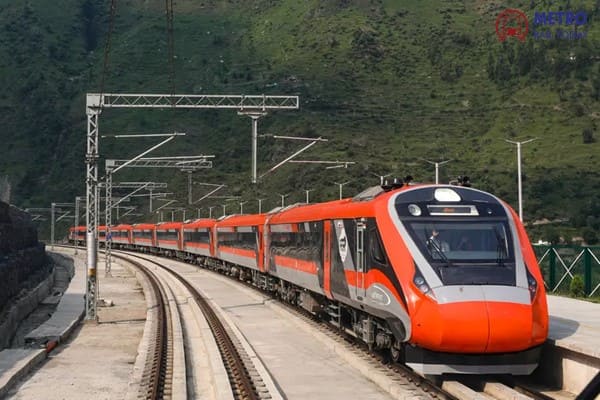 Rail Chamber submits key recommendations to Railway Ministry for Budget 2026-27
Rail Chamber submits key recommendations to Railway Ministry for Budget 2026-27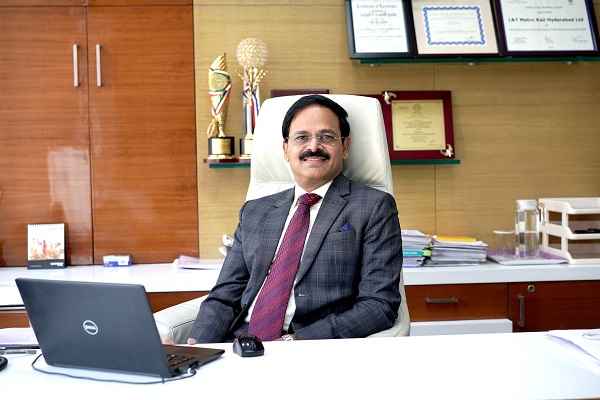 Hyderabad Metro at Crossroads: Operational Excellence, Financial Realities and the Future of PPPs
Hyderabad Metro at Crossroads: Operational Excellence, Financial Realities and the Future of PPPs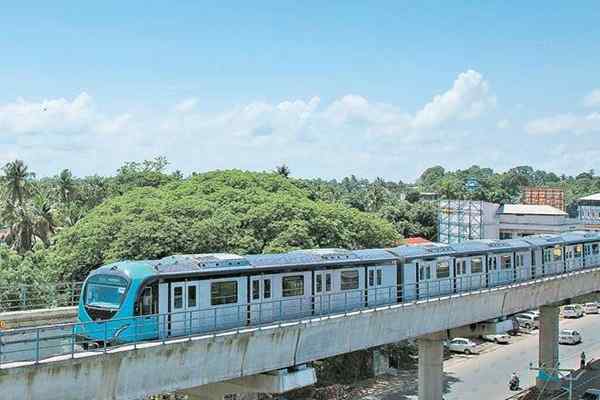 Kalpataru Projects wins ₹451 crore Third Rail Electrification Contract for Kochi Metro Phase 2
Kalpataru Projects wins ₹451 crore Third Rail Electrification Contract for Kochi Metro Phase 2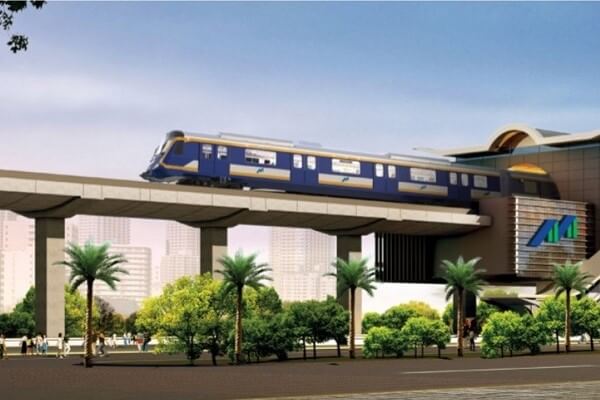 ABB bags driverless traction propulsion contract for Mumbai Metro Lines 5 & 6
ABB bags driverless traction propulsion contract for Mumbai Metro Lines 5 & 6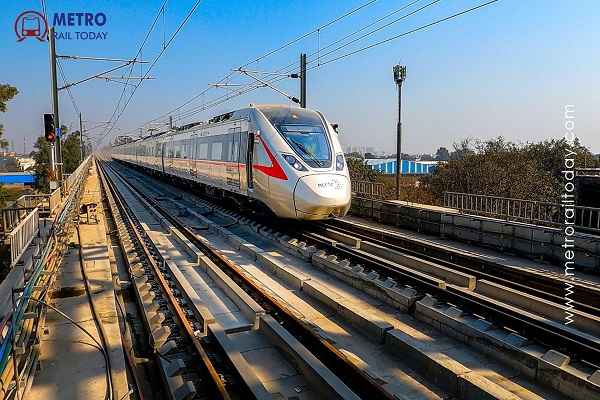 Govt of India approves ₹35,000 crore Delhi-Bawal Namo Bharat RRTS Corridor
Govt of India approves ₹35,000 crore Delhi-Bawal Namo Bharat RRTS Corridor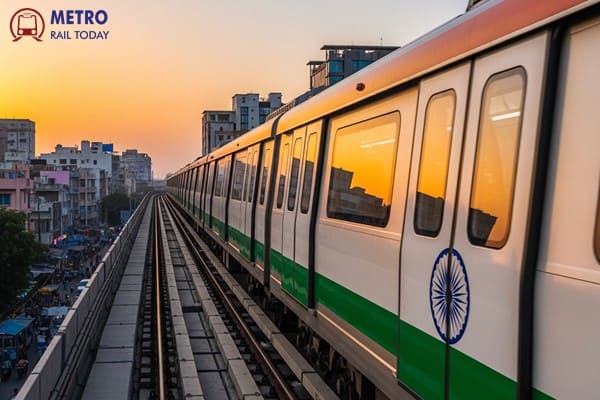 Maharashtra Govt approves 35-km Mumbai-Navi Mumbai Gold Line Metro Project
Maharashtra Govt approves 35-km Mumbai-Navi Mumbai Gold Line Metro Project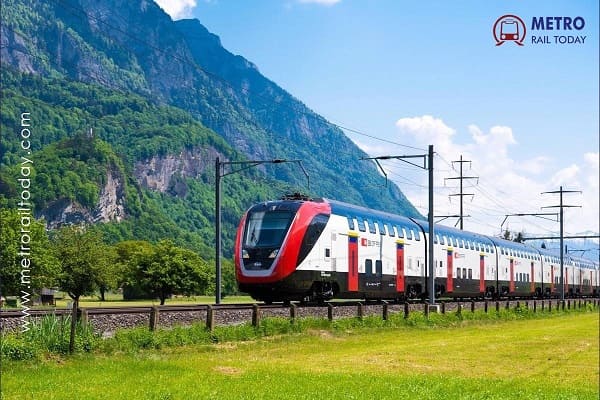 Vijayawada Metro at crossroads due to funding uncertainty and political doubts
Vijayawada Metro at crossroads due to funding uncertainty and political doubts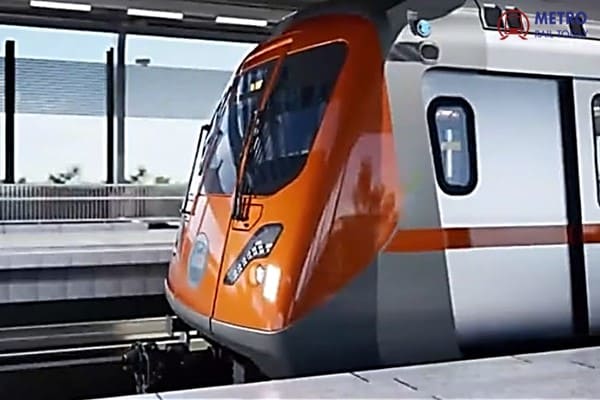 Bhopal Metro in trouble, faces Low Ridership, Rising Costs Issues
Bhopal Metro in trouble, faces Low Ridership, Rising Costs Issues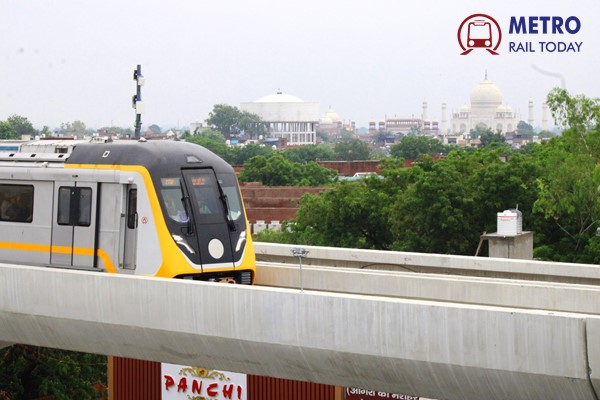 Global Urban Rail Transit market projected to reach USD 265.84 billion by 2033
Global Urban Rail Transit market projected to reach USD 265.84 billion by 2033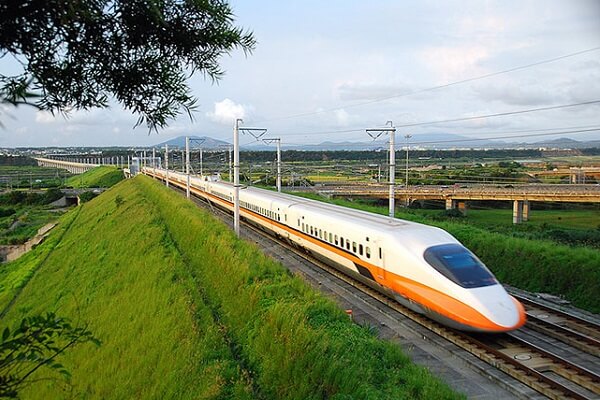 Centre approves Kerala High-Speed Rail Corridor; ‘Metro Man’ Sreedharan to steer DPR, DMRC entrusted
Centre approves Kerala High-Speed Rail Corridor; ‘Metro Man’ Sreedharan to steer DPR, DMRC entrusted